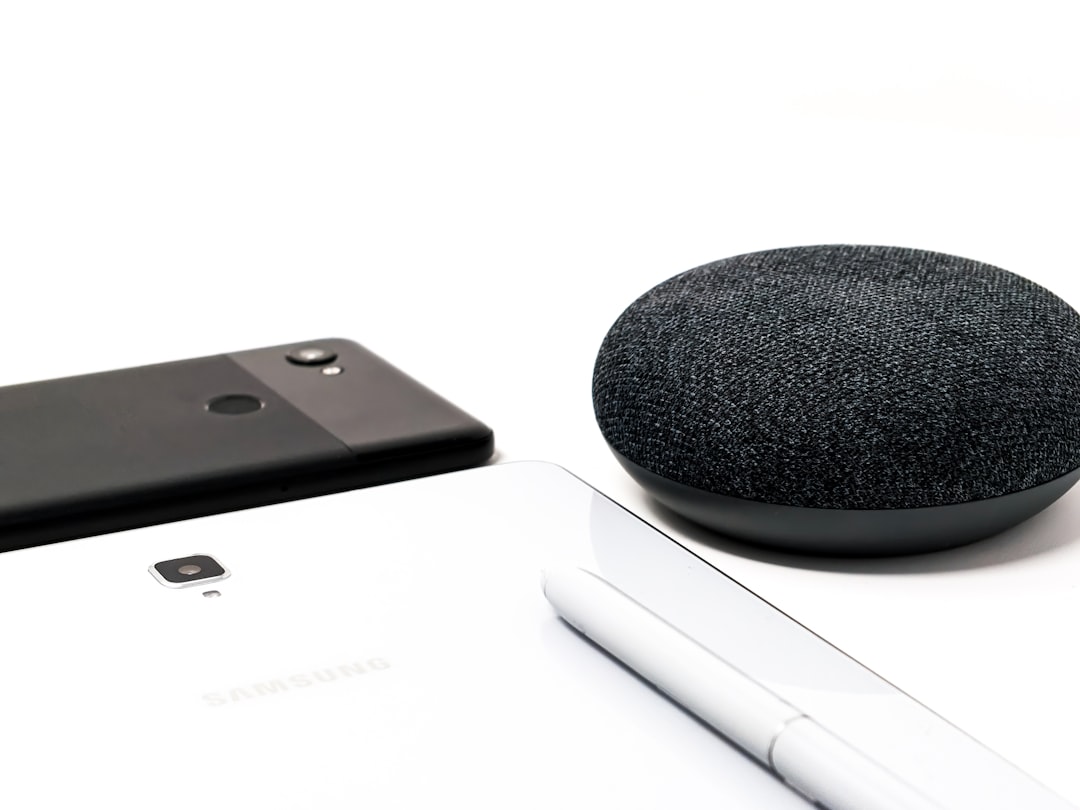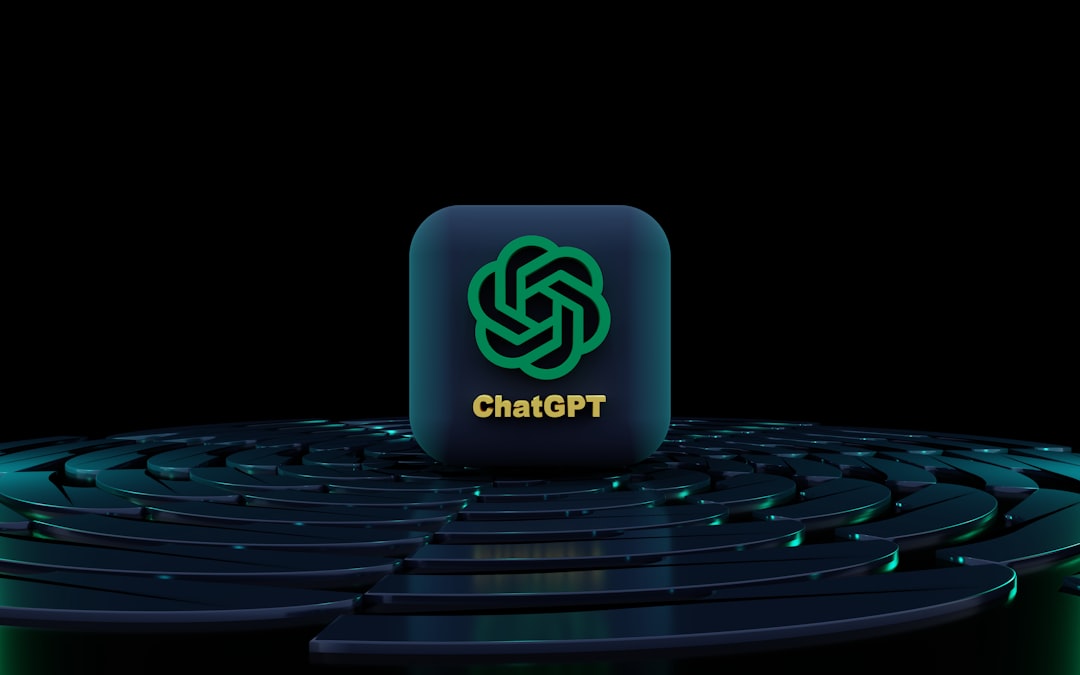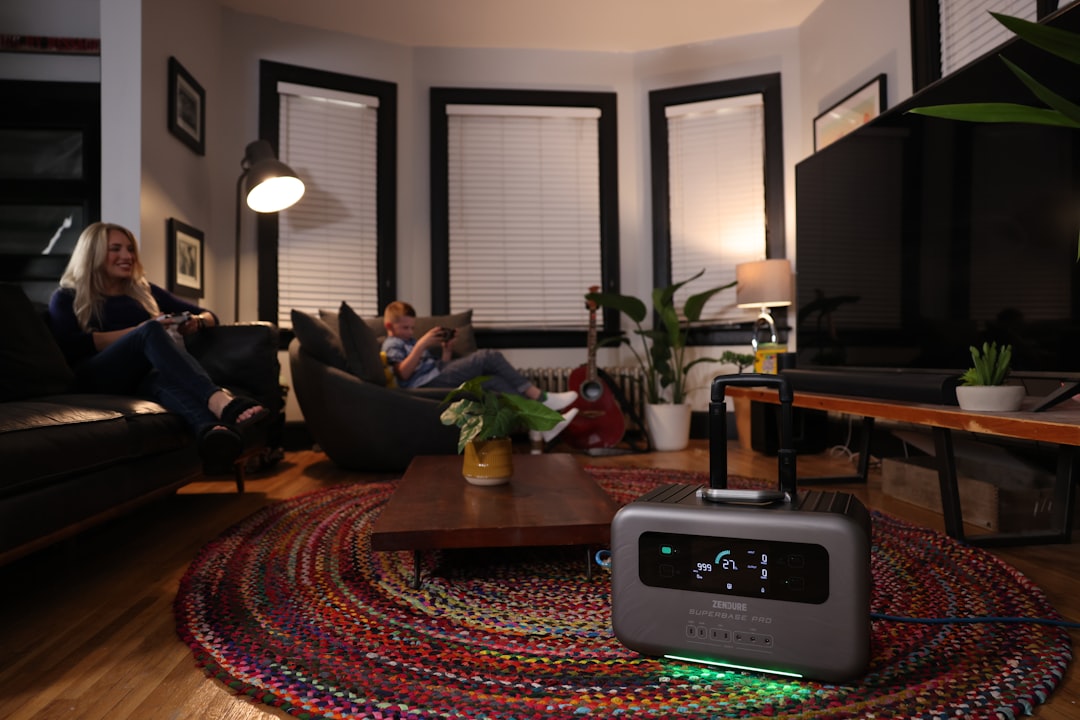As advertising technology evolves, businesses are constantly looking for innovative ways to reach consumers more effectively. Two of the most transformative technologies impacting Pay-Per-Click (PPC) advertising today are voice search and chatbots. These tools are not only changing how users interact with content, but they are also reshaping campaign strategies across platforms.
The Rise of Voice Search in PPC
Voice search has seen explosive growth in recent years. Thanks to the proliferation of smart speakers and voice-enabled mobile assistants like Apple’s Siri, Google Assistant, and Amazon’s Alexa, more users are searching using natural speech rather than typing queries. This shift is forcing marketers to rethink their PPC strategies.
Unlike traditional search queries, voice searches tend to be longer and more conversational. For example, instead of typing “best Italian restaurant NYC“, a user might ask, “What are the best Italian restaurants open now near me?” This nuance requires PPC advertisers to optimize for long-tail keywords and use more natural language.
Here’s how voice search is directly influencing PPC campaigns:
- Keyword Targeting: Marketers are adapting by incorporating more question-based and conversational phrases in ad copy and landing pages.
- Device Optimization: Since many voice searches happen on mobile devices, it’s critical to ensure ads and landing pages are mobile-friendly and load quickly.
- Local Emphasis: Voice search includes more local intent than traditional search, pushing advertisers to strengthen their geo-targeted PPC efforts.

Chatbots: A New PPC Engagement Layer
Chatbots are becoming an essential part of digital marketing ecosystems. As AI-driven conversational agents, they allow businesses to engage with users in real-time, offering support, guiding them through sales funnels, or gathering customer data. When integrated into PPC strategies, chatbots provide a seamless bridge between the advertisement and customer service.
Using chatbots in conjunction with PPC ads delivers several advantages:
- Improved Conversion Rates: Chatbots can instantly handle inquiries that arise from ad clicks, reducing friction in the lead nurturing process.
- Data Collection: Every chatbot interaction is an opportunity to collect preferences, feedback, and behavioral data that can be used to refine ad targeting.
- 24/7 Availability: Unlike human agents, chatbots provide continuous availability, converting leads at any time of day without additional staffing costs.
For e-commerce businesses especially, chatbots offer a personalized shopping experience by recommending products based on user responses or even completing sales transactions within the chat interface itself.

Voice and Chatbots Driving Smarter PPC Campaigns
The integration of voice search and chatbots into PPC is not just a trend but a fundamental transformation. These technologies are powered by artificial intelligence and machine learning, which means they are capable of becoming more efficient over time through accumulated data and user interactions.
Today’s PPC campaigns can be tailored more precisely thanks to insights derived from chatbot conversations and the nature of voice inquiries. This allows advertisers to:
- Refine Audience Segmentation: Voice and chatbot data reveal specific interests and behaviors, enabling precise targeting.
- Improve Ad Copy: Language used in voice searches and chatbot dialogues can inspire more authentic, user-centric ad copy.
- Adjust Bidding Strategies: Stronger intent signals gained from these platforms can inform when and where to increase bids.
Getting Ready for the Next Phase in PPC
To remain competitive, businesses must prepare their PPC strategies to fully embrace voice and chatbot technologies. This includes:
- Implementing schema markup to enhance visibility in voice search results.
- Using AI-powered tools to analyze chatbot transcripts for keyword opportunities.
- Designing bot conversations that align with campaign objectives and user intent.
Moreover, advertisers should continually test and iterate their strategies with A/B testing in chatbot responses and voice search ad extensions. This adaptive approach is key to staying ahead in an increasingly dynamic digital marketing landscape.

In conclusion, voice search and chatbots are no longer experimental elements in digital advertising—they are essential. By integrating these technologies into PPC strategies, businesses not only meet evolving user expectations but also position themselves at the forefront of a more intelligent and conversational future in digital marketing.



